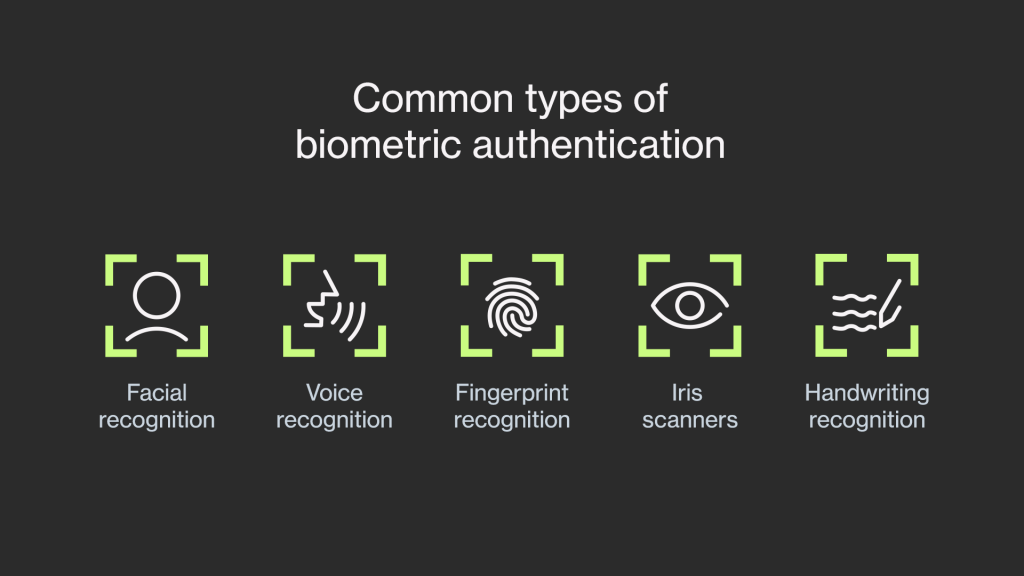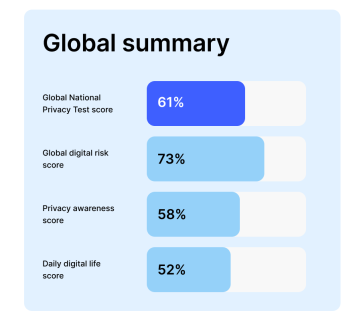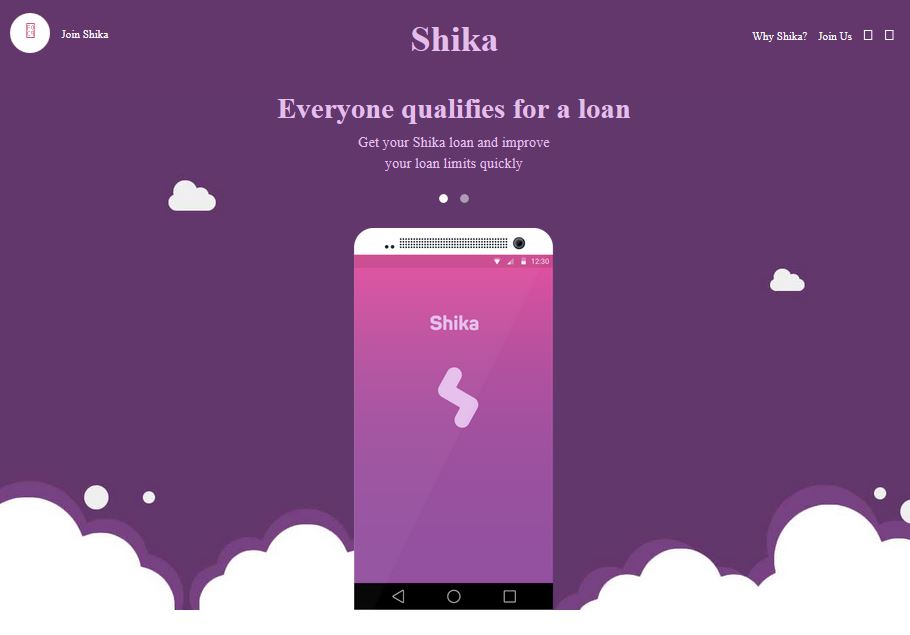You know how network failure can literally halt all functionality of a person, rendering them incapable to perform or how internet can be so slow that you want to throw away your device or bang it against the wall. It is a terrible feeling, one that Nigeria has not had a problem wit, but still needs to work on.
The country may be competing with the likes of Kenya and South Africa when it comes to technology uptake, most times coming second to the list and that’s okay, but when it comes to internet connectivity and mobile network connections, there is little left to be desired even with an existing 4G network.
Kenya may still be lagging behind when it comes to 4G network uptake – still not understanding what’s so hard in that- but when it comes to internet connections and mobile networks, it is surprisingly not bad at all, with affordable options for all types of customers.
Nigeria, however, despite managing to have what it calls connected cities of Lagos and Abuja with 4G networks spreading, there are still worries about the internet connectivity as it is especially expensive through mobile.
According to iROKOtv CEO, Nigeria is among the worst countries when it comes to internet bundle services, with East African countries having the best offers and also the reason why he saw the need to introduce the video on demand service in the region since it would reach more people.
I have not been to Nigeria, so I wouldn’t know where the problem stems out, but with a 4G network in place it is surprising that network connectivity would be a problem in the country while Rwanda is still honeymooning about its 4G LTE that it launched in the end of last year.
Last week Nigeria unveiled a state-of-the-art Tier III data centre through MainOne, a telecommunications provider in the West African region. The data Centre was introduced to address the growing demand for Cloud and Disaster Recovery services in the region.
According to MainOne, the facility is the largest and best connected data centre in all of West Africa and will be the infrastructure aimed at helping in the growth and impact of the internet ecosystem in the paced global economy.
The establishment is set to also help the Nigeria government in the realisation of the National Broadband plan and will also help in playing a significant role in providing a cost effective model for further ICT adoption in the country.
That being said, new reports uncover that the country will need 325 Billion Dollars to expand the mobile network infrastructure in the country, in order to meet the required international standards.
In the plan, the government will be prioritizing on the broadband fibre optic network that has been in development for sometime now as well as developments in the ICT sector which the planning body says has received very little uptake so far.
The required amount is just a percentage of the required total investment of 3 Trillion Dollars that was estimated to achieve a world-class infrastructure country through a 30-year plan, with the next five years seeing not less than 22 Billion Dollars invested in ICT only.
The plan is expected to centre around infrastructure that is currently available by reviewing it and then establishing the needed investment to transform the mobile network infrastructure into what is standard.





